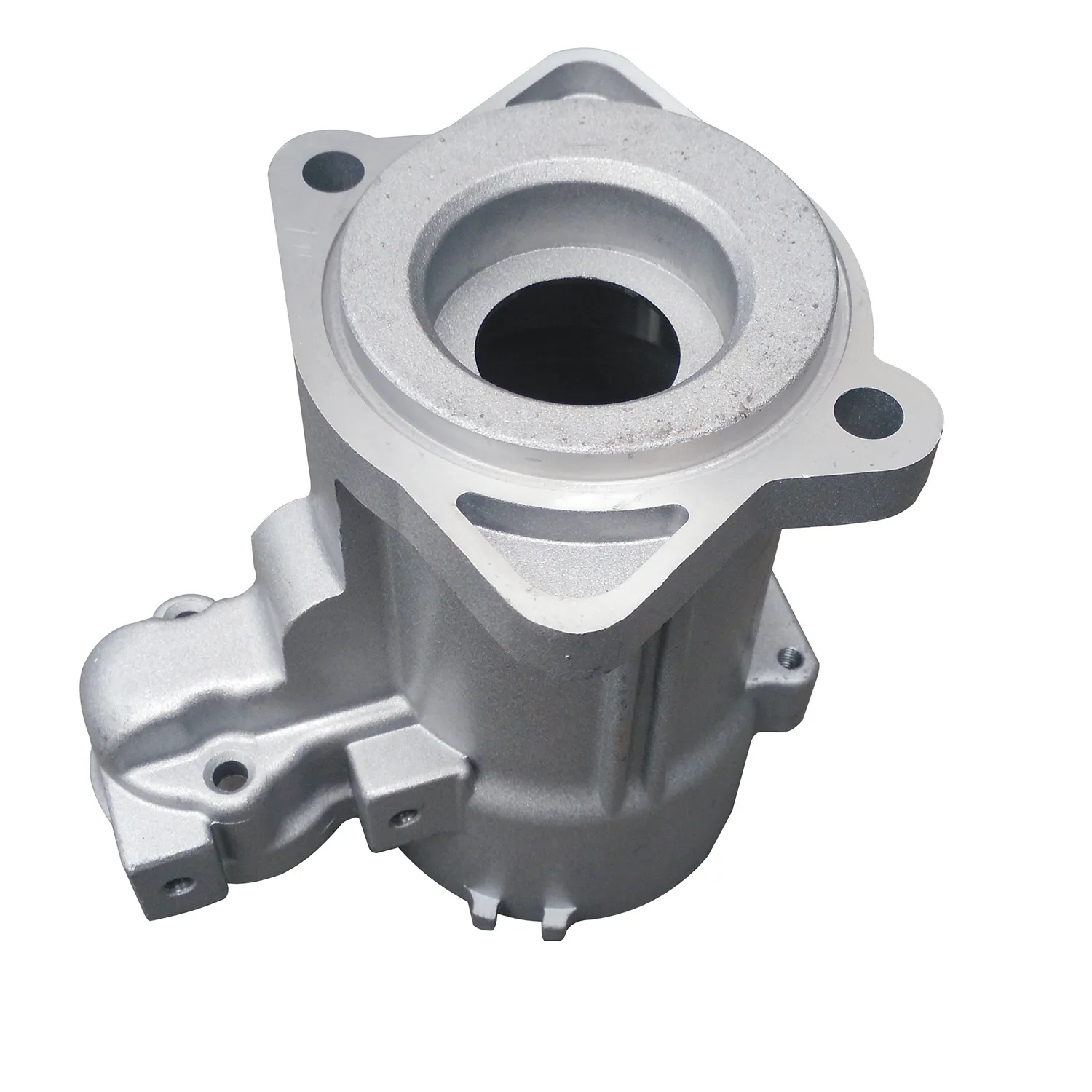Mobile:+86-311-808-126-83
Email:info@ydcastings.com
English
Exploring the Techniques and Benefits of Impeller Casting in Modern Manufacturing Industries
Understanding Impeller Casting A Key Manufacturing Process
Impellers are critical components in many mechanical systems, functioning to convert rotational energy into fluid energy. They are widely used in pumps, turbines, compressors, and various other applications where the movement of fluids is necessary. The manufacturing process that often stands out for producing these intricate components is known as impeller casting. This article delves into the fundamentals of impeller casting, its benefits, challenges, and applications in various industries.
What is Impeller Casting?
Impeller casting is a metalworking process that involves pouring molten metal into a mold to create an impeller. The molds can be made from various materials, including metal and sand, depending on the complexity and the desired properties of the final product. The process begins with designing the impeller, which includes determining the size, shape, and specific features required for its function. Once the design is finalized, a mold is created, and molten metal—such as aluminum, titanium, or various alloys—is poured into the mold. After cooling, the mold is removed to reveal the cast impeller.
Advantages of Impeller Casting
Impeller casting offers several benefits that make it an attractive option for manufacturers
1. Complex Geometries Casting is particularly adept at creating complex shapes and internal structures. This capability is essential for impellers, which often have intricate designs to optimize fluid dynamics.
2. Material Versatility A wide range of materials can be used in casting, allowing for the selection of metals that best suit the performance requirements of the impeller. This versatility enables manufacturers to cater to specific applications, from lightweight aluminum for automotive components to high-strength alloys for aerospace applications.
3. Cost-Effectiveness Once the initial mold is created, producing multiple impellers becomes more cost-effective. This process reduces waste and time compared to other manufacturing methods, particularly for large production runs.
4. Dimensional Accuracy Casting techniques, especially modern methods such as investment casting, can achieve high levels of precision, ensuring that impellers meet tight tolerances and performance specifications.
impeller casting

Challenges in Impeller Casting
Despite its advantages, impeller casting also faces several challenges
1. Quality Control Ensuring the consistency and quality of castings is crucial. Defects such as porosity, misalignment, and surface imperfections can affect the performance of the impeller and lead to costly failures in applications.
2. Heat Treatment Many cast metals require additional heat treatment to enhance their strength and durability. This adds another layer of complexity and cost to the manufacturing process.
3. Environmental Considerations The casting process can generate waste and emissions, leading to environmental concerns. Manufacturers must implement effective waste management practices and consider environmentally friendly materials and processes.
Applications of Impeller Casting
Impeller casting finds applications across a variety of industries. In the automotive sector, impellers are used in water pumps and turbochargers to enhance engine performance. In aerospace, cast impellers are critical in turbines, where efficiency and weight are paramount. The chemical processing industry relies on impellers for mixers and reactors, where the flow of substances is vital for reactions to occur. Additionally, HVAC systems often utilize cast impellers in fans and blowers to ensure effective air movement.
Conclusion
Impeller casting is a vital manufacturing process that allows for the production of complex and highly functional components necessary for various industrial applications. Its advantages in versatility, cost-effectiveness, and precision make it a go-to technique for producing impellers. However, it also presents challenges that manufacturers must navigate, particularly in ensuring quality and addressing environmental impacts. As technologies evolve, the future of impeller casting promises innovation and efficiency, continuing to play a crucial role in the advancement of fluid dynamics in engineering industries.
-
Efficient Automobile Water Pump: Reliable Cooling for Engine ManifoldsNewsSep.01,2025
-
Premium Fan Housing & Motor Casing for Optimal AirflowNewsAug.31,2025
-
High-Performance Automobile Water Pump & Electric SolutionsNewsAug.30,2025
-
Expert Stainless Steel Casting | Precision & Durable Metal PartsNewsAug.29,2025
-
Precision Metal Castings: Aluminum, Stainless Steel & Die CastingNewsAug.28,2025
-
Superior Aluminum Castings in Automotive Engine PartsNewsAug.22,2025











